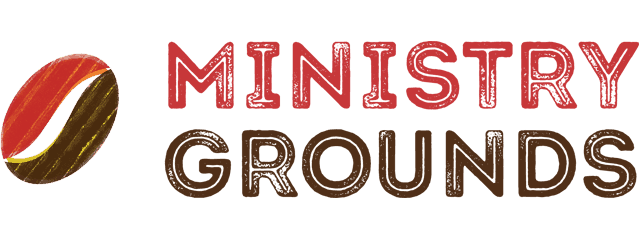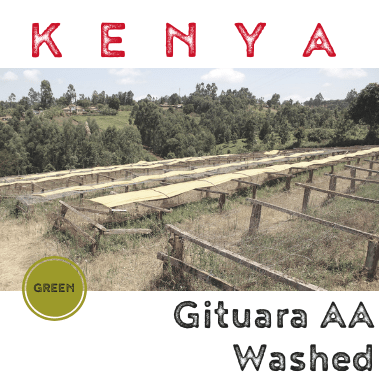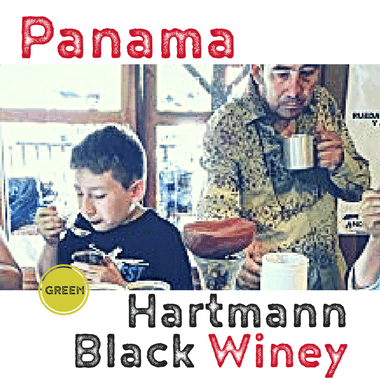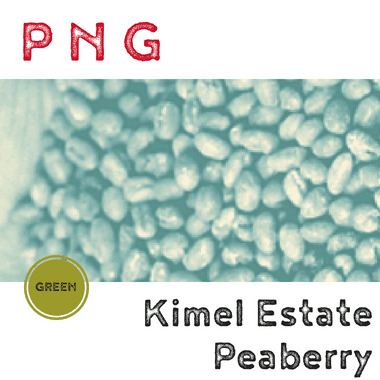Description
REGION: Embu County, Central Kenya
ALTITUDE: 1,650 masl
VARIETALS: SL-28, Ruiru-11, Batian
PROCESSING: Washed
WASHING STATION: Gituara Coffee Factory
FARMERS: 840 smallholder producers
OWNER: Murue Farmer’s Cooperative Society
In the cup: Juicy and buttery, with a honey sweetness, sweet Riesling acidity and notes of blackcurrant, blueberry jam and jasmine.
Started in 1981, the Gituara Washing station (or factory as they are called in Kenya) is situated around 16 kilometres from Mount Kenya. It overlooks the picturesque valleys of Mount Kenya National Park, in the Manyatta division of the Embu County. The surrounding area is densely populated, and the community places great importance on minimizing impact on local residents and indigenous trees and birdlife.
Gituara is owned by the Murue Farmer’s Cooperative Society, and has 840 active members who deliver to the washing station, who are each committed to planting, growing, nurturing, pruning and picking their own trees. With rich volcanic soil, at an altitude of 1650m above sea level, combined with an annual rainfall of almost 2000m, and an abundance of SL-28 and SL-34 varieties, coffees produced in this specific area are of immense quality.
Small-holders in this part of Kenya deliver freshly picked coffee cherries to washing stations like Gituara, where they are de-pulped—the fruit skin and pulp removed mechanically. The strict quality-driven processing methods at Gituara are overseen by Danson Kariuki, the Factory Manager. The coffee is then fermented overnight in large tanks to break down the sugars and remove the mucilage (sticky fruit covering) from the outside of the bean.
The parchment covered coffee is then washed with fresh clean water from the nearby river Gatenguria, and sent through water channels for grading by weight (the sinking coffee is considered the sweetest, and any lighter density or lower grade coffee beans are removed). The beans are then sent to soaking tanks where they sit under water for a further 24 hours. This process increases the proteins and amino acids, which in turn heightens the complexity of the acidity. After washing, the coffee is spread out and dried on African raised beds, which allows for good air circulation between the beans. Time on the drying tables depends on weather, ambient temperature and processing volumes: it can take from 7 to 15 days in total. When they are dried to between 11 and 13% total moisture content, the coffee is brought to the Central Kenya Coffee Mill in Nyeri for grading and sorting.
Wastewater from the processing is managed through the use of soaking pits. The water used for processing the cherry will spend time in the pits to ensure that the nutrient-rich water created during de-pulping will not be returned to the nearby water source without proper treatment. This additional step will cut down the risk of contamination.
The members of the Gituara Factory also invest in and carry out agronomic activities associated with coffee production. They source coffee from the Coffee Research Station and plant it according to specific guidelines. Fieldwork is carried out, often involving weeding, pruning, spraying, mulching, and applying fertiliser. Technical advice is presented through farmer training programs and field interactions offered by the ministry of agriculture. The field committee visits the farms to ensure their agreed guidelines are being complied with. They usually check that the coffee is not inter-grown with other crops such as maize, although they do allow intercropping with macadamia. Gituara has long-term goals to increase their coffee production, training seminars, and access to education and sustainable processes for all the farmers they work with. They also maintain a demonstration plot that farmers can visit and reference in relation to their own plots.
Grading within the Kenyan system is a measure of bean size, with the best lots typically being AA (screen 17/18), AB (screen 15/16) or PB (peaberry grade — a single bean grown inside the coffee cherry instead of two). AA grades are usually considered superior and command the highest prices, but we always trust the cupping table when it comes to choosing coffees to ensure this is what guides our purchasing decisions.
(Info Courtesy of Melbourne Coffee Merchants)






Reviews
There are no reviews yet.